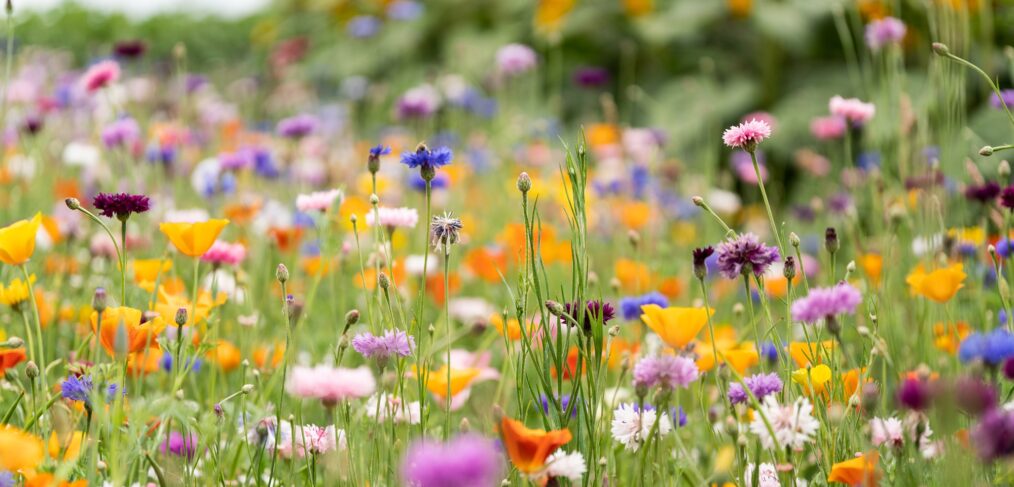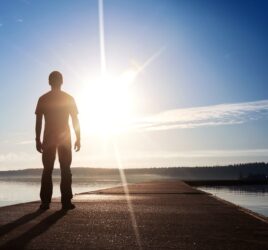
Embracing Our Experience
Capacity. Competence. Autonomy.
As my son approaches adulthood, I find myself deeply inquiring into the nature of what it means to have capacity, to be competent, and to possess autonomy. It has me thinking as to how we define these aspects of our humanity, and who amongst us fully embody these qualities through the assertion of our will and our expression of self in our shared experience.
To investigate the nature of these functions, we must first consider the relativity of such concepts. Capacity, competence, and autonomy can only be defined in comparison to established baselines as to what is valuable within society. What I mean to say is that the capacity to breathe underwater, while ranking as an essential capacity for a fish, is not relevant to humans or other land animals. Autonomy means one thing to a hive of bees, and something entirely different to a human. Competency is gauged by logistical standards, rather than through a holistic human approach. So, we can say that capacity, competence, and autonomy are relative to our perception of society.
In our current model, society shapes our experience. As humans, we all have our own experience, our own unique set of circumstances and perceptions which create and flavor our lives. Rather than live the experience we are offered, humans spend their lives in the perilous attempt to align their experience with an experience, one which society considers valuable. Through the prism of this mind-frame, any capacity which deviates from the norm is considered a disability, and any capacity which aligns with societal expectations is considered a gift, or ability. So, humans strive to be able, strive to fit into the experience society has defined as valuable. Those who can speak are able and valuable; those who cannot are disabled and less valuable. Those who can walk are able; those who cannot are disabled and less valuable. Autonomy is then associated with ability. Those more able have more autonomy; those less able have less autonomy.
It is time for us to rethink this societal view at its fundamental level. This societal paradigm strips our societies of diversity and interconnected human cooperation. You must follow me on this. If each human lives their experience as it is, to its fullest, our societies would reflect the diversity of all, rather than defining a human as competent or not, valuable or not, productive or not. In this way we could broaden our definition of capable, competent, and autonomous.
Where have the standard from which we judge capacity led us to in the evolution of society? Governments no one trusts, perpetual war and violence, greed and ownership, racism and enslavement, homelessness and starvation, conflict and competition. Of course we have many beautiful aspects in our society, but if we broaden the definition of capacity, we could begin to be more inclusive and see the value in all people.
What if rather than judging each other on our capabilities, we engaged each other with a sense of discovery? What if we supported each other so that my capacity bleeds into your life, and your capacity fills the voids in mine. Does the capacity for a tree to pull water from its roots to its leaves weigh into your awareness as something important? Probably not, but it is essential for our very survival (fun fact – we still don’t know how they do that!).
All spellers I have ever met have been the most compassionate people I know. They are open with their intimacies, embracing people they have only just met, freely sharing who they are and holding nothing back. They speak of love and the beauty of life, of the integration of all things through their senses. They communicate in a way which makes us stop and listen to each other. They rarely chit-chat and quickly move to deep and meaningful conversations. They are unashamed of who they are, in body, mind and spirit. They are free of judgement and quick to forgive. They focus on cooperation rather than competition. They have little interest in material possessions or money. Yes, I am generalizing, but this has been my experience. Imagine now that society used these benchmarks to gauge competency. What kind of amazing, inclusive and cooperative society would we live in? And how many of us would fall short of these capabilities and be called disabled? So, who is disabled? I would say none of us.
We cannot do anything on our own. We are all reliant on each other, and nature, for our mere survival. To be autonomous is to use our will to do our part to sustain the whole, not just ourselves. We cannot sustain ourselves alone, we must live our experience as it was given to us, and in that, create a mosaic of human experiences which will spawn a diverse and inclusive society and redefine who we are as humans. But we must first accept our own diversity and live it. This is the true way of creating an inclusive society, to have the integrity and fortitude to live our own experience regardless of what anyone thinks or how it looks from the outside.
When we begin to understand these fundamental truths, we become aware that autonomy is not something which is earned or which can be anointed by a third party, it is a quality innate in each of us which awaits our activation. Perhaps we need to begin to ask ourselves whether we are truly activating our autonomy, or if we are playing on a stage whose rules and guidelines are already predetermined.
In many ways I recognize an autonomy in my son which I have yet to develop, to take ownership of. He acts in alignment with his truth, unconcerned with social convention and unaffected by biases and conditionings which the rest of us are beholden to. He does not live by the filter of expectations; he lives in alignment with his experience and truth. This is true autonomy.
Perhaps ability and competence are secondary to our level of engagement in shared experiences. Perhaps what is important and provides meaning in our lives are the experiences we share, not their outcomes or byproducts.
The moments I share with my son Jackson are the greatest gift in my life, as it is through these unusual and unique experiences which I learn who I truly am. There is nothing I would change about him, and he is the master at living to the potential of his experience.
Jackson told me years ago, “You can’t change who you are.” At the time, I did not agree with his sentiment in the least; I wished to grow, change, and evolve as a human. But over the years I have begun to understand his words. Who I am innately as a human cannot change, but the degree to which I open to that innate experience of myself is what grows and evolves. The more I accept my experience, the greater the refinement of my expression becomes. I have and always will be me, but every day I am given the opportunity to discover who that is.
I would like us as a community to start questioning our own ideas of autonomy and competency so that perhaps we may be vehicles of change towards a truly diverse and inclusive society.




Embracing our experience…. I need to re-read this everyday